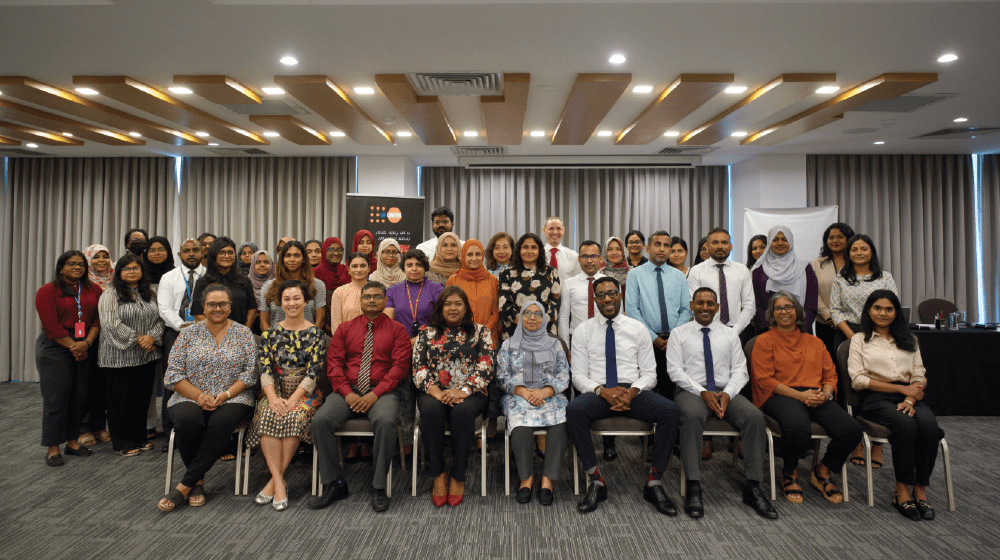In an era where striving to eradicate gender-based violence is not just a necessity, but an urgency, a poignant question lingers - are our laws just words on paper, or are they serving their purpose in protecting and empowering the vulnerable?
In a bid to bring clarity and coherence to the national legislations, UNFPA Maldives took a significant step in 2022, by providing support to undertake a thematic analysis of Gender-Based Violence (GBV) related legislations in the Maldives, in order to identify repetitions, overlaps, contradictions and measure their compliance with human rights and gender equality.
On May 30th 2023, UNFPA Maldives convened a workshop to disseminate the findings of this analysis, spearheaded by Ms. Chantelle McCabe, an international human rights lawyer and gender expert to bring about this crucial dialogue among key stakeholders. Representatives from across sectors, including Uza Aisha Shujune Muhammad, Dr. Azmiralda Zahir from the Supreme Court, Hon. Uz. Hussein Shameem from the Prosecutor General’s Office, representatives from the United Nations and the Minister of Gender, Family Support and Services, Hon. Aishath Mohamed Didi amongst other esteemed participants, who sparked the conversation, underscoring the necessity of aligning written laws with their actual execution.
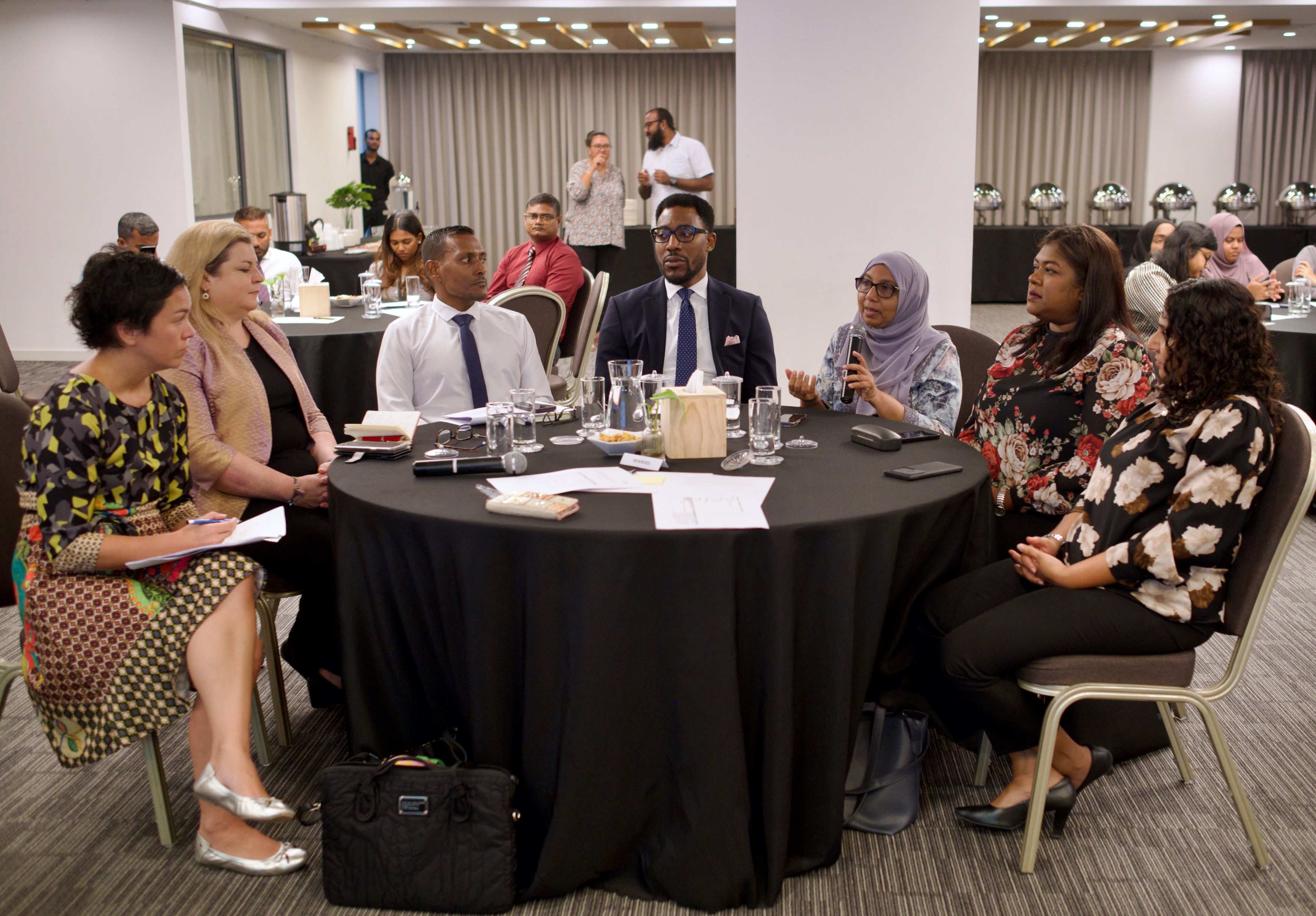
“We’re taking the cases up to courts, but other things within the law, for example services for the victims of violence, require more support,” said the Minister. There was a shared sentiment that the spirit of law isn't just about the prosecution, but also about providing support to the victims, ensuring they are not jeopardized when giving evidence, and empowering them through a system that truly serves their interests.
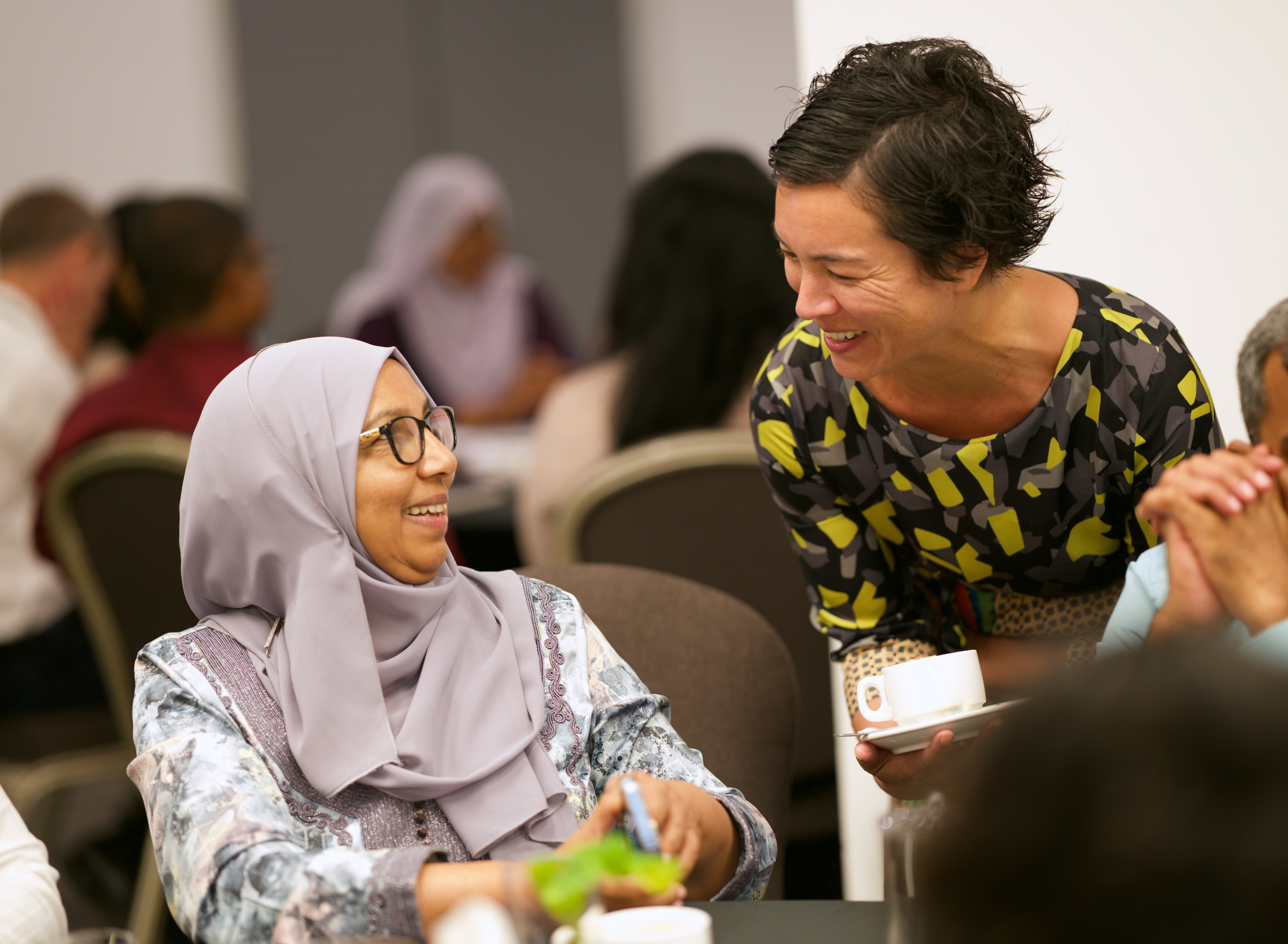
The Prosecutor General shed light on the potential opportunities arising from the Supreme Court’s call for a review of all laws. However, he also emphasized the conflicts within the penal code sections that could be counterproductive to a harmonized legal framework. In his words, “Some of the issues we mentioned among a few of these sections; none of them were used due to a conflict, which is something that needs to be resolved”.
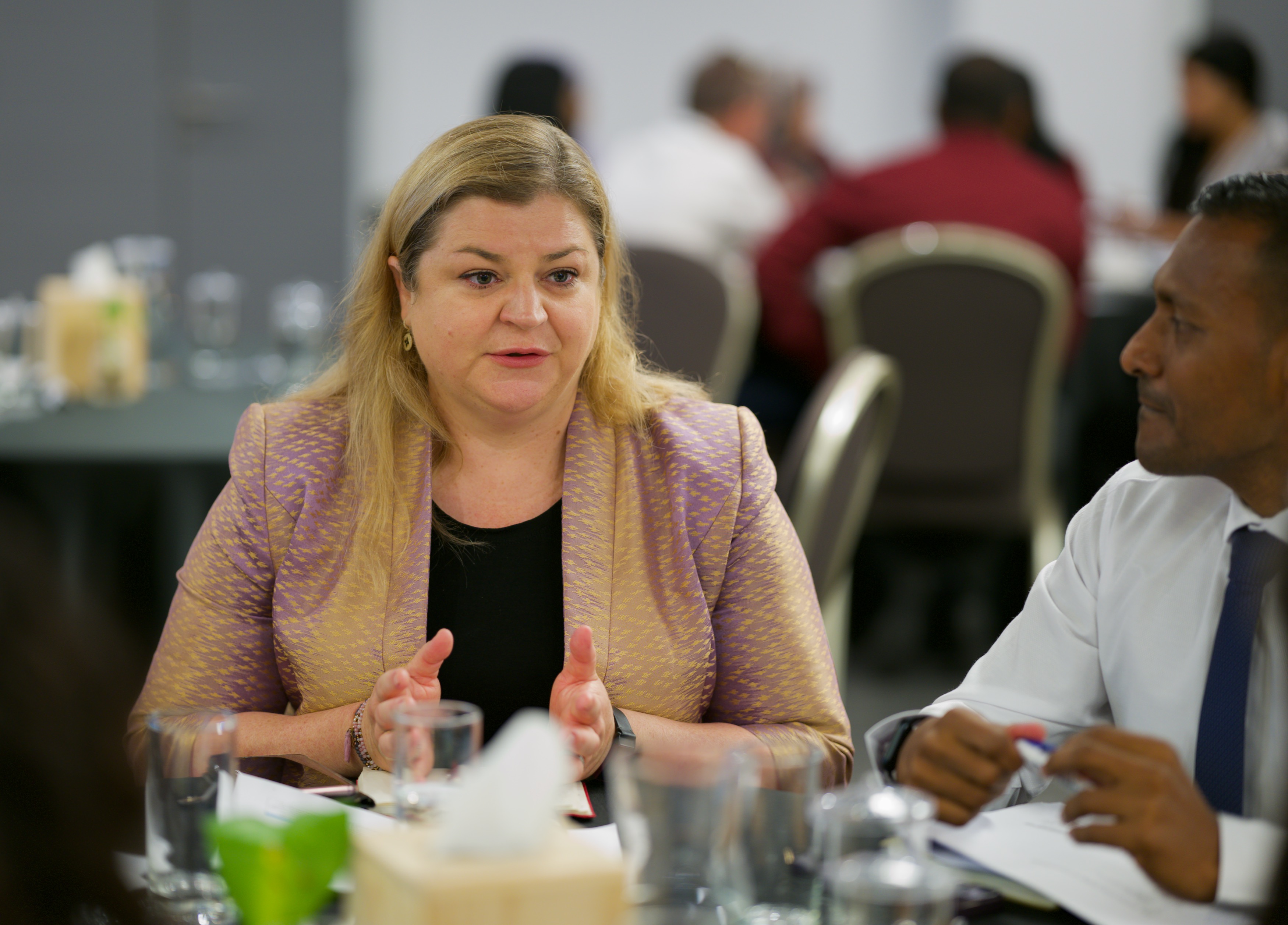
One of the key themes that emerged was the need for transparency, coherence and consistency in the interpretation and application of laws. With numerous references to provisions that seem contradictory or are interpreted differently across sectors, the need for aligning laws and updating the provisions to reflect the current realities became a pressing concern. In this context, the United Nations Resident Coordinator in Maldives, Catherine Haswell proposed a broader consultation involving diverse stakeholders and effective methodologies, borrowed from other examples from countries, to bring some coherence to the provisions while minimizing risk for women and children.
Additionally, a potent insight came from the Minister, who noted that “One of the weaknesses of our system is that a lot of things are people centered; depending on who is in a particular position of power during a particular time in order for things to happen”. Echoing this sentiment, Head of Office of UNFPA Maldives, Shadiya Ibrahim pointed out that “The wrong people are centered, it should be the survivors who are at the center”. This drove home the point that while laws are written down, their effective implementation should not depend on individual whims, but on a systematic, comprehensive and inclusive approach.
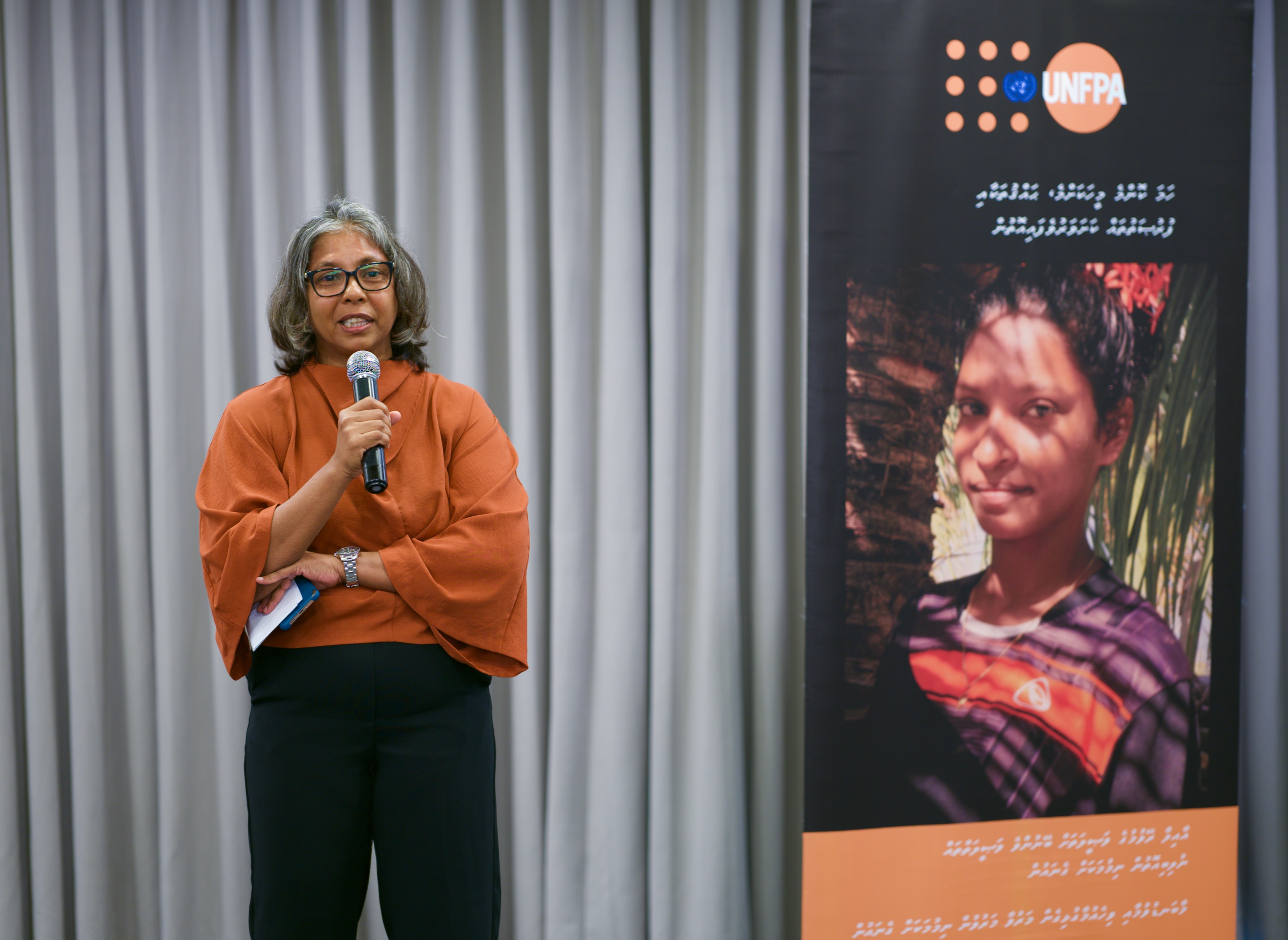
The meeting concluded on a hopeful note, looking towards future collaborations to address the issues raised, with a shared commitment to move from merely discussing laws to pushing the agenda for their effective implementation.
Moving forward, the insights garnered from this workshop will serve as stepping stones towards crafting an action plan that bridges the gap between legislation and its application. It’s time to turn our discussions into actions, our laws into lived realities, and our hopes into tangible outcomes.

